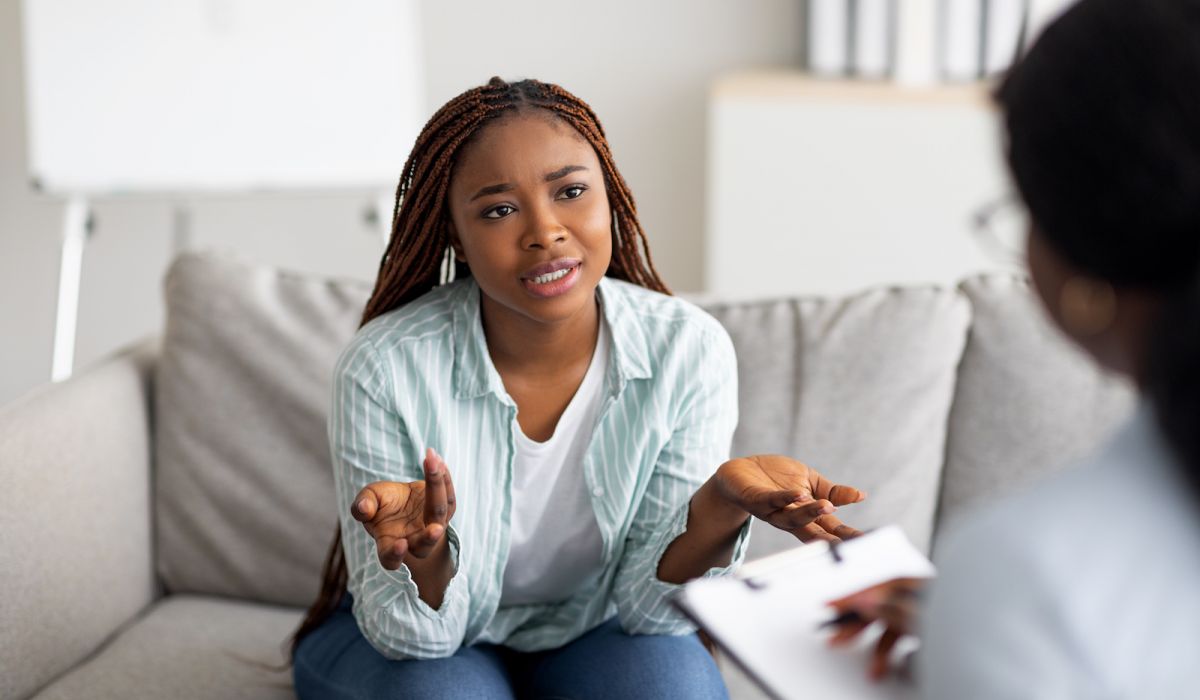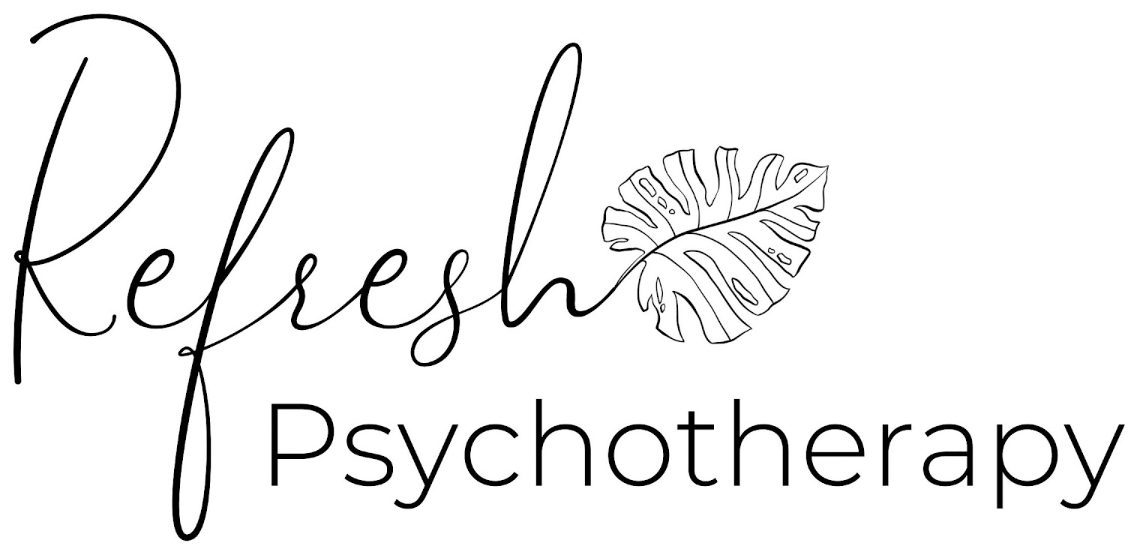
Black Mental Health Matters: Accepting Therapy Within the Community
I had my first panic attack at age 5. Heart pounding, I couldn’t hear anything but the blood rushing to my head. I felt dizzy, my vision blurred and I couldn’t breathe. I owe all of this to Eddie Murphy. I stayed up way past my bedtime to watch Eddie play Buckwheat on Saturday Night Live. My father found me and calmed me. He helped me through the first of many panic attacks and eventually got me to bed.
I spent the first half of my life afraid of death, spiraling late at night when it was dark. I was alone in my room thinking of being in a casket, fearing the unknown, and eventually screaming for my Dad to help me; which he always did. We would breathe, he would rub my back, tell me not to worry, and sit with me until my attacks subsided and I was able to sleep. My father loved me with all of his heart but he didn’t have the tools to get me the mental health help I needed.
My father didn’t know how to find a child therapist for his daughter. As kind and gentle as he was, he also didn’t know how to access his emotions, and he shut down when bad things happened. He would compartmentalize his feelings and focus on what needed to be fixed, not the thoughts and feelings behind them.
My wonderful father is not a unicorn when it comes to Mental Health in the black community; my dad was a tough NYC pigeon; always there, willing to get through challenges using his instincts, but not able to ask the snow birds for help to get to the warmer places where the fruit was in abundance, and sun shined bright.
Many black children born in the 60’s, 70’s, and 80’s were told the same tropes “don’t talk about it outside of the family”, “Pastor will help, bring it to God”, “Don’t leave the kids alone with Uncle Leroy”, “You know cousin April’s not right in the head”. We were told these things because even for the wealthiest of us, mental health and therapy were luxuries for white people. The idea was that we didn’t have time to stop and feel because we had to deal with everyday microaggressions. Our options for judgment-free faces that looked like ours (outside of the religious arenas) were few and far between. ‘Social worker’ became a pseudonym for one who takes your kids. The idea of sharing our thoughts and feelings for 60 minutes was foreign, so we expressed our need for therapy in the ways our ancestors did; in song, in literature, in protest. However, we came to learn that therapy is not a “white” thing. We started to put the pieces of the puzzles together, and found that if we continued to hold all of our thoughts and feelings inside, we would be calming our kids from 2 am panic attacks for the rest of our days.
We began to seek therapy, and soon were able to recognize the need to understand our thoughts and feelings better, process our generational grief, and recognize that we want to do the same for others in our community.
Our move toward mental health in the black community is ongoing, we are bravely sharing our stories in private with our therapists, some of whom look and sound like us. We are doing the work to feel and be better. Our language around who we are and how we see ourselves and our kids is changing. We celebrate “Black Boy Joy” and “Black Girl Magic”. We are shouting “Me Too” to sexual injustice and processing it.
The world may be pushing back on our growth with more injustice and, yes, it hurts us, but we are also better equipped to handle these challenges because of the work we choose to do on our mental health. Black women and men are choosing to say “Enough! I can’t be strong all of the time. I need you to see and accept my vulnerability.” As Rihanna said to our white allies “Come Thru” so we are not fighting this alone.
We are choosing to prioritize our health in every way, so if our kids or our grandkids are anxious, depressed, demonstrating symptoms of OCD, have Bipolar Disorder or BPD, we will recognize it and be able to walk in their room at night to comfort them and take them to their weekly therapy sessions where they will learn tools to be the best version of themselves.
Written by: Patricia Valencia MS, LMHC
